Overview
Map
Other Details
كنيسة مار يوحنا المعمدان - كفرجرّة
1755
Kfar Jarra
Jezzine
South
بُنيت الكنيسة سنة ١٧٥٥ في عهد البطريرك يعقوب عوّاد وكرّسها المطران سمعان عوّاد اسقف صيدا. هي اولى الكنائس المارونيّة التي بنيت في منطقة شرقيّ صيدا وساحل جزّين. تتميّز بهندستها البسيطة وبالنقوش على أعتاب أبوابها المنخفضة. خُرّبت إبّان الحرب الأهليّة وأعيد ترميمها في تسعينات القرن العشرين.The church was built in 1755 during the pontificate of Patriarch Jacob Awad and was consecrated by Sidon’s bishop Simon Awad. It is the first maronite church in the vicinity of Sidon. The architecture is simple and doted with symbolic arabesque over the small narrow doors. During the civil war it was heavily damaged and restored during the nineties.
Visited 5461 times, 9 Visits today


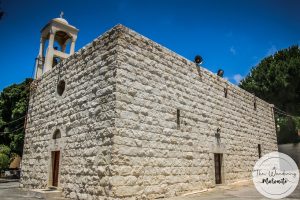
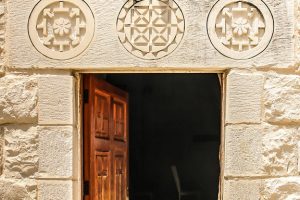
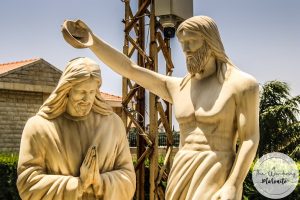
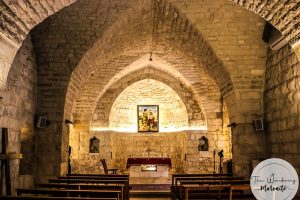
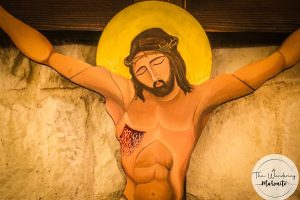
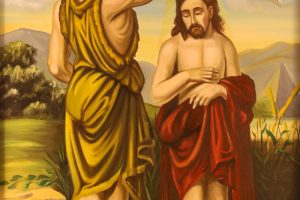
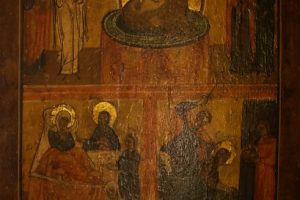
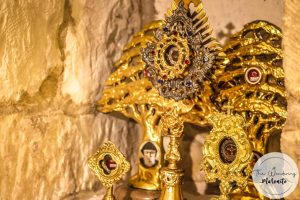








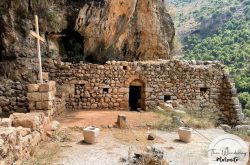
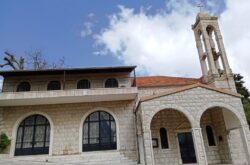
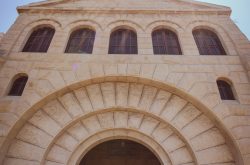
Reviews are disabled, but trackbacks and pingbacks are open.